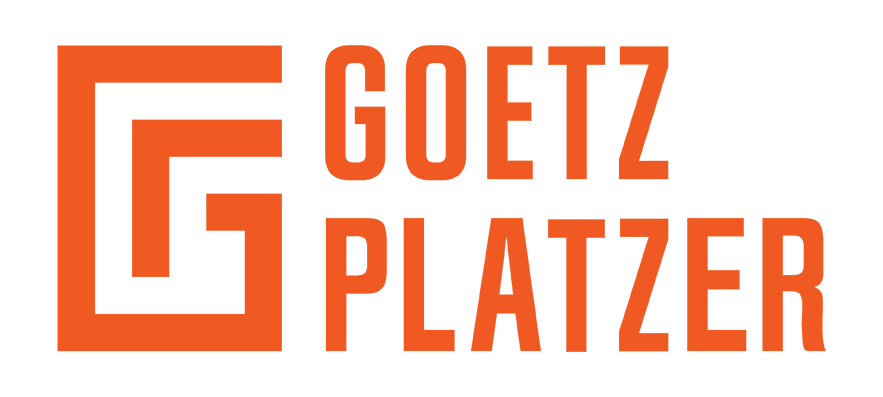Contact:
Howard Rubin
212-695-7753
[email protected]
Good Cause Eviction Law – One More Burden On Landlords
On April 20, 2024, New York enacted the Good Cause Eviction Law, which dramatically impacts the rights and obligations of landlords and tenants in New York by limiting evictions, requiring lease renewals, and capping rent increases for most market rate apartments in New York City, and potentially, other villages, towns, or cities state-wide. While this may be good politics, it is questionable whether it is fair to landlords.
IMPACT
Landlords are now subject to various limitations on seeking to remove a tenant from a residential unit. While the law caps rent increases, it also allows for consideration of certain operating expenses such as property tax increases and costs of major repairs. Although legislators secured carious exemptions to the law, its scope remains broad. Good Cause is effective immediately and will apply to all new leases and renewal leases, unless exempted, in New York City and to any other villages, towns, or cities that chose to opt-in to the law.
EVICTIONS REQUIRE A SHOWING OF GOOD CAUSE
Under Good Cause, unless an exemption applies, landlords are now subject to various limitations on seeking to remove a tenant from a residential unit, unless there is good cause to do so. Good cause is defined as the following:
- Non-payment of rent, unless the rent is “unreasonable”
- Violation of a substantial obligation of the tenancy;
- Nuisance;
- Malicious or grossly negligent substantial damage to the premises or building;
- Occupancy is in violation of law and an order to vacate has been issued, unless the condition is created by the landlord, through neglect or otherwise;
- Illegal use of the premises;
- Unreasonable refusal of access for necessary repairs;
- Owner occupancy as principal residence;
- Demolition;
- Withdrawal from the rental housing market; and
- Failure to agree to reasonable changes to a lease.
Significantly, Good Cause requires a landlord to obtain a court order to remove a tenant upon a showing of good cause, including removal by non-renewal of a lease. Like under the rent stabilization laws, a tenant cannot waive their right to the protections of Good Cause and any agreement attempting to do so will be found void as against public policy.
RENT INCREASE CAPS
A rent increase is presumed unreasonable if it is above the inflation index or 10%, whichever is lower. For New York City, the inflation index is defined as 5% plus the annual percentage change
in the consumer price index for all urban consumers for all items as published by the United States Bureau of Labor Statistics for New York-Newark-Jersey City. For illustrative purposes, the CPI-U rose 3.4% over the last twelve months, which would mean the total permissible rent increase would be 8.4%.
However, this unreasonable increase presumption is rebuttable and, when determining whether a rent increase is unreasonable, a court must consider property tax expenses and any increases thereto. A court must also consider increases based on completed “significant repairs,” where such repairs were not due to a landlord’s failure to maintain. Significant repairs are defined as the replacement or substantial modification of any structural, electrical, plumbing, or mechanical systems or abatement of hazardous materials, including lead paint, mold, or asbestos, but not cosmetic improvements, such as painting, decorating, or minor repairs. A court may consider other relevant facts, including, but not limited to, fuel, utility, insurance, and/or maintenance costs. Any increases that are below the lesser of the inflation index or 10% are per se reasonable.
Where a rent increase is found unreasonable, a tenant’s failure to pay the increase does not constitute good cause for removal.
REQUIRED NOTICE
Good Cause imposes broad notice requirements, regardless of whether the unit is subject to or exempted from the law. In fact, all initial leases and renewal leases, as well as any notices and petitions, for all apartments in New York City (and any other localities that opt-in) going forward must include the “Good Cause Eviction Law Notice,” the form of which is provided for in Section 231-c of the law. If the unit is exempted from the law, the notice must identify the applicable exemption.
Given that Good Cause is already effective, every new lease and lease renewal, arrears notice, or petition going forward must include the “Good Cause Eviction Law Notice.” Indeed, prudent owners would be advised to send these notices to all tenants with any pending notice of renewal or initial leases that have not yet been executed or have not yet commenced.
EXEMPTIONS
Although Good Cause is expansive and applies to “all housing accommodations,” there are several exemptions that narrow its scope. These exemptions, most significantly, include the following housing accommodations:
- Units with a monthly rent that is greater than 245% of the fair market rent (above $5,846 for a studio; $6,005 for a one bedroom; $6,742 for a two bedroom; and $8,413 for a three bedroom), as published annually by the United States Department of Housing and Urban Development (HUD), or the
- into the law;
- Units owned by small landlords, who own 10 units or less within New York State;
- Owner-occupied buildings that contain 10 units or less;
- Units already subject to rent regulation pursuant to local, state, or federal law, rule, or regulation;
- Units which are required to be affordable for certain income levels pursuant to statute, regulations, restrictive declarations, or regulatory agreements with a local, state, or federal government entity;
- Units on or within a building that is owned as a condominium or cooperative, or on or within a building that is subject to an offering plan submitted to the office of the attorney general; and
- Buildings for which a Temporary Certificate of Occupancy or Permanent Certificate of Occupancy was issued after January 1, 2009, for a period of thirty years following the issuance of the certificate.
In addition, the requirements of the Good Cause Eviction Law do not apply to sublets, where occupancy is incident to employment, to seasonal use units, units within hospitals, manufactured homes, hotel rooms or other transient uses, dormitories, or units within religious facilities or institutions.
JURISDICTIONS OUTSIDE OF NEW YORK CITY
While Good Cause applies to New York City, other villages, towns, or cities state-wide may choose to opt-in. These jurisdictions may exempt units with rents at the fair market rent as published by HUD, or up to 245% of the fair market rent. However, if the opting-in village, town, or city does not specifically set the exempt rent, then, like New York City, only units with rents above 245% of the fair market rent will be exempt from Good Cause.
CONCLUSION
The extensive requirements of Good Cause will dramatically alter the rental housing landscape in New York City, and possibly, the state, as other villages, towns, or cities state-wide opt-in. Although legislators secured various exemptions to the law, its scope remains broad.
For further information about the law please contact Howard M. Rubin, Esq., Goetz Fitzpatrick LLP at [email protected].
Goetz Fitzpatrick LLP has been offering clients insightful solutions throughout the New York Metropolitan area since 1967. The firm provides its clients with expertise in the areas of Construction and Real Estate, Trusts & Estates Administration & Litigation, Commercial Litigation, Corporate, Bankruptcy, and Labor & Employment. The firm’s office is located at One Penn Plaza, Suite 3100, New York, NY 10119, Telephone 212 695 8100, [email protected], www.goetzfitz.com. You can learn more about Goetz Fitzpatrick on: LinkedIn | X (Twitter) | Soundcloud | YouTube | Facebook | Instagram


